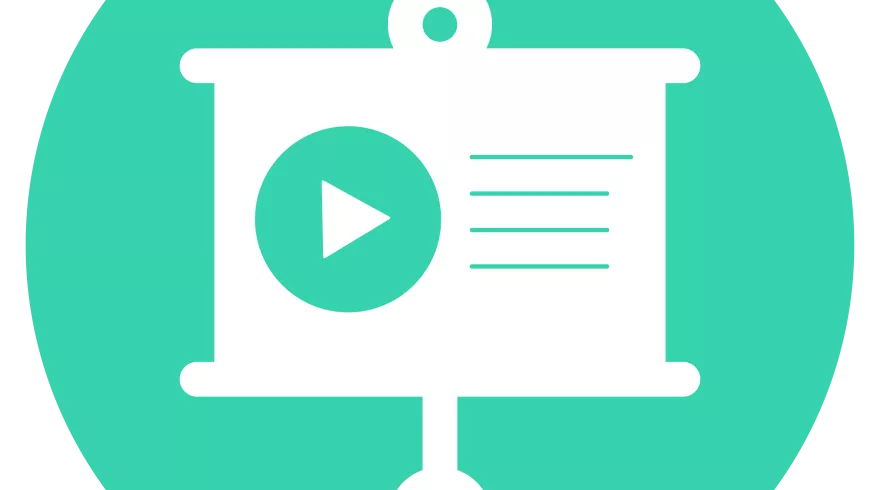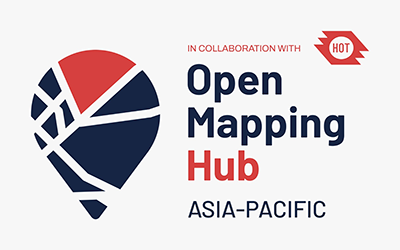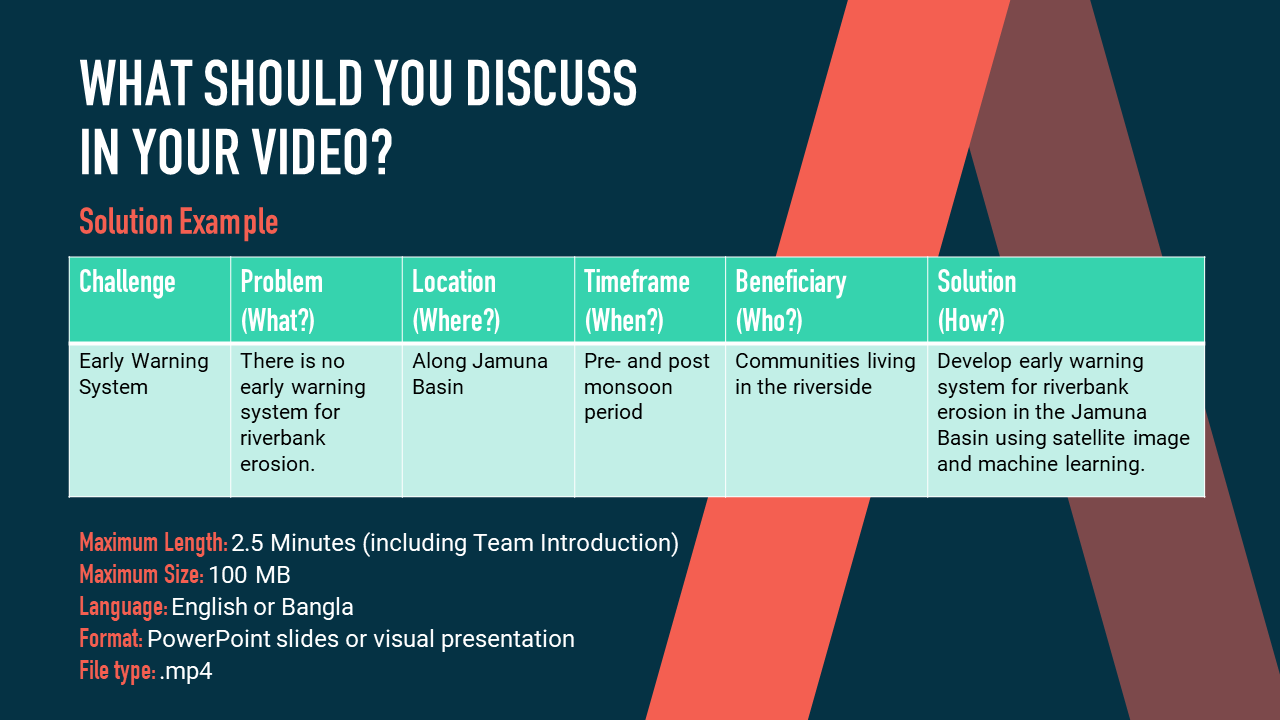
FOREWARN Disaster Hackathon 1.0 in Bangladesh
FOREWARN Bangladesh together with Open Mapping Hub - Asia Pacific introduces the country’s first-ever Hackathon on Disaster to drive young minds towards building solutions and bringing innovation towards humanitarian challenges using open map data, and free and open source technologies.
FOREWARN Bangladesh has been working with researchers, academia, sectoral experts, and practitioners to understand risks associated with disaster, risk predictability and the usage of risk information. FOREWARN experts help forecast hazards in order for humanitarians to be able to take action ahead of predictable disasters.
To expand our horizons, build on the knowledge we possess and bring more state-of-the-art technological and innovative solutions to the humanitarian sector, FOREWARN is hosting a Hackathon on Disaster in Bangladesh for the first time in 2023 with the partnership of Open Mapping Hub Asia-Pacific, Humanitarian OpenStreetMap Team (HOT)
OpenStreetMap is a free wiki map of the world, which contains a rich geospatial dataset created by a community of worldwide volunteers. OpenStreetMap is being utilized by many humanitarian agencies to plan anticipatory actions, and respond to humanitarian crises and emergencies.
Participants of the hackathon can utilise this free and open data source to develop their innovative solutions. We will be providing mentorship and support to the participants including access to an online learning module designed to give an understanding of OSM data and different tools and technologies within the open mapping ecosystem.
Who Can Register
We are calling out to all people passionate about the humanitarian cause and who believe that innovation and technology can be the answer to the risks raised by natural disasters.
You can be a tech-savvy university student or a graduate, a coding wizard from the developer community, or an independent researcher devoted to disaster management and technology. Build a team consisting of like-minded 2-7 individuals (they can be from any department or speciality!) and participate in the Disaster Hackathon 1.0.
Stages

CREATE (6 JULY - 15 AUGUST 2023)
Build the conceptual framework and present your solution to the challenge you chose in a 2-minute video. You will have an additional 30 seconds for your team introduction.

CHECK (20 AUGUST - 10 SEPTEMBER 2023)
Review your idea with relevant stakeholders on whether the proposed solution is realistic, interesting, and efficient. You can seek guidance from our mentors through virtual sessions. Submit the feasibility and methodology of your solution in a written format.

CULTIVATE (24-26 SEPTEMBER 2023)
The best teams will attend a 3-day residential workshop where they will get the chance to be mentored in person and cultivate the prototype at an advanced level. The top 3 teams will be selected following a presentation of the prototypes.
Challenges
Develop innovative solutions to improve early warning systems for flood / cyclone / riverbank erosion / cold wave / heatwave / landslide / dengue.
Develop innovative solutions to disseminate forecasting and early warning messages to the most vulnerable communities.
Develop innovative communication tools and platforms that can function in low-connectivity or disaster-stricken areas to facilitate information sharing, emergency alerts, and coordination among responders and affected communities.
Create tools and platforms to enhance coordination and communication between various stakeholders involved in disaster anticipatory action and response, including government agencies, NGOs, volunteers, and affected communities.
Create an innovative platform / process to accumulate social media information for better targeting of people and places in any disaster.
Develop innovative mapping techniques to predict disaster impact before the disaster happens or to assess the needs right after the hazard hits communities.
Create platforms and tools that foster citizen engagement, transparency, and accountability in governance processes, empowering individuals and communities to participate in decision-making processes and in driving social change.
Develop technologies and strategies to build community resilience and empower local residents to better prepare for and respond to disasters.
Utilize data analytics, artificial intelligence (AI), and machine learning (ML) techniques to analyse large volumes of data and provide actionable insights for disaster management, including predicting disaster impacts and optimising resource allocation.
Create solutions to improve the resilience of critical infrastructure, such as bridges, roads, embankments, buildings, and communication networks, to withstand natural disasters like flood/ riverbank erosion/ cyclone/ storm surge.
Develop solutions to increase access to quality education for communities at risk during disaster periods through innovative approaches like online learning platforms, educational resources, and teacher training programs.
Create technologies and tools that improve healthcare access, affordability, and quality to flood and cyclone shelters including telemedicine platforms, health monitoring devices, electronic health records systems, and healthcare information management solutions.
Create digital platforms and tools to provide mental health support and counseling for individuals affected by disasters, including survivors, rescue workers, and first responders.
Develop technologies and strategies to enhance agricultural productivity, improve smallholder farmers' livelihoods, ensure food security, and reduce post-harvest losses through innovations in farming techniques, irrigation systems, and market access in disaster-prone areas.
Build applications that allow citizens to report and map real-time information about the situation on the ground, including hazards, infrastructure damage, and resource needs, to aid disaster response efforts.
Design tools and applications that help humanitarian agencies to measure and reduce their carbon footprints by monitoring energy consumption, transportation choices, and waste management by any development / disaster intervention.
Develop strategies and technologies to enhance climate adaptation and resilience in disaster-prone areas.
Encourage the development of social enterprises and business models that combine profit-making with creating positive social impacts in climate change sensitive areas.
Develop solutions that address the unique challenges faced by refugees and migrants, including access to education, healthcare, employment opportunities, language learning, social integration, and legal assistance.
Design efficient and transparent supply chain solutions to ensure the timely delivery of essential resources like food, water, medicine, and shelter to affected areas before / during / after a disaster.
Identify a challenge unique to what you believe demands attention in a disaster situation and present your own idea on how the challenge can be solved through an innovative approach.
APPLY HERE
If you believe you can invest your technological skills and humanitarian mindset to help tackle disasters and create a solution to reduce the number of losses and victims, apply now to FOREWARN Disaster Hackathon 1.0. Experience the thrill of innovation as a countermeasure to disaster risks!
WHO TO CONTACT
For more information please contact the FOREWARN Bangladesh team.
You can call us at +8801610698836 or



